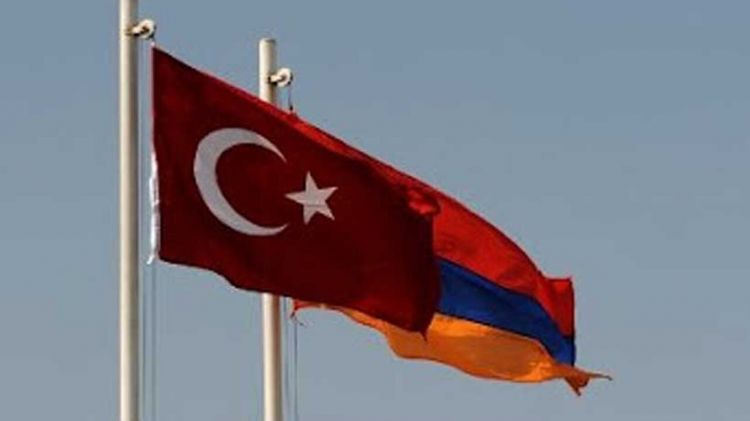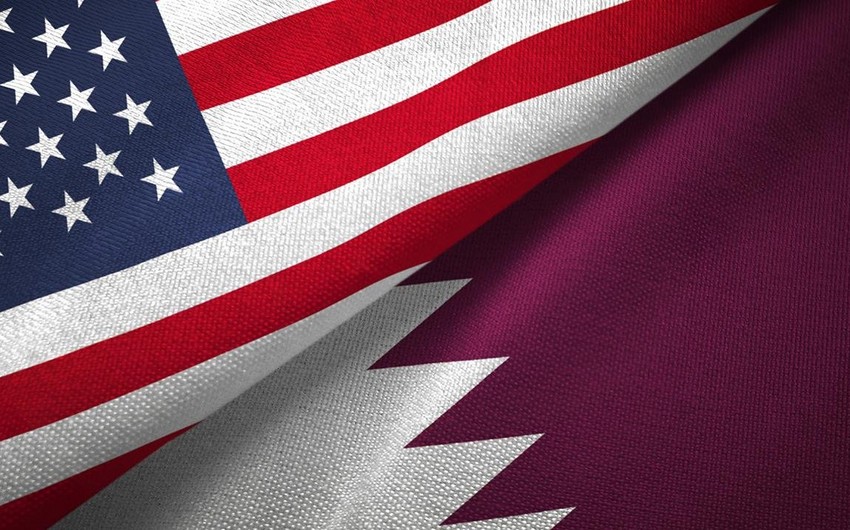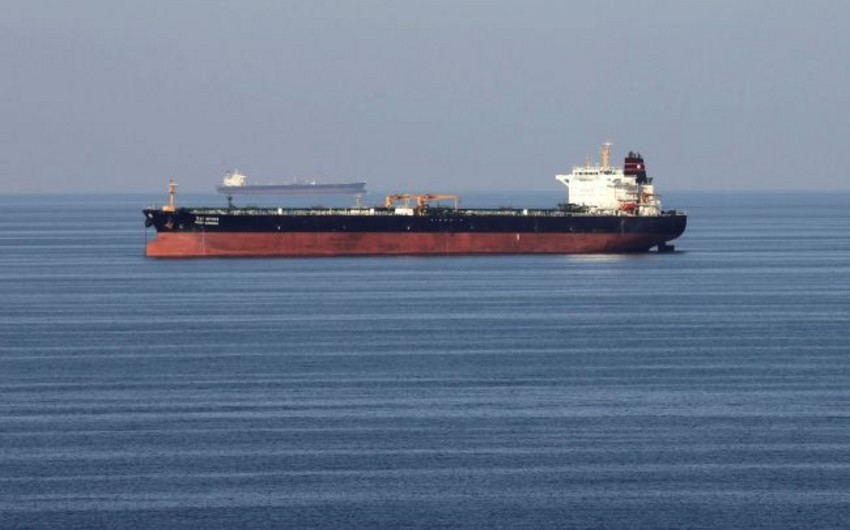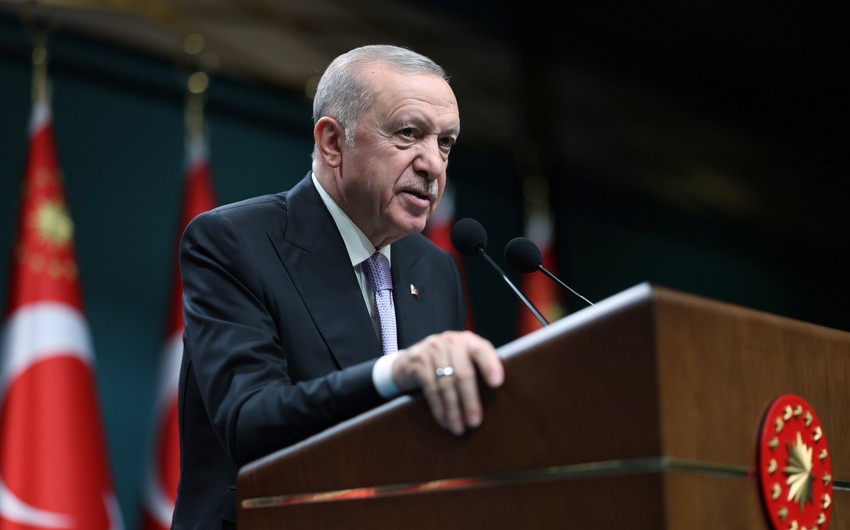It seems that track II diplomacy is creating miracles in the fields of stalemated bilateral relations in South Caucasus due to which genie of bitter geopolitics of the past and uneven economic proposition has now been put on right track of resolution and reconciliation.
Most recently, commercial flights between Istanbul and Yerevan have been started which vividly reflected the highest level of political understanding and diplomatic maturity between Turkiye and Armenia which unfortunately, witnessed hostile past and vicious blame game. However, Karabakh liberalization war II has drastically changed the geopolitical landscape of South Caucasus. Moreover, the commercial diplomacy encouraged all the main stakeholders i.e. Turkiye, Azerbaijan and Armenia to reconcile their differences for the greater socio-economic integration, greater regional connectivity and above all sustainable peace and harmony in the region.
In the near past, Azerbaijan president Ilham Aliyev and Armenian Prime Minister Nikol Pashinyan met in Moscow and Brussels and resultantly escalations were decreased. Time and again Azerbaijan and Turkiye urged Armenia to be part of regional connectivity and socio-economic integration but somehow sanity could not prevail. But now it seems that there is a paradigm shift in Yerevan foreign policy changing from geopolitics to geo-economy.
Being prominent regional expert, I personally think that normalization process has the support of the US, Russia and even the EU because it is very important for all the movers and shakers. The US termed it essential for the political stability and economic prosperity in the region of the South Caucasus.
During 2020, a trilateral declaration was signed among Azerbaijan, Armenia and Russia which paved the way for grand reconciliation in South Caucasus. Consequently, it confirmed Karabakh as a part of Azerbaijani territory, but also established the two important corridors in Karabakh and Zangezur regions. Thus started a new chapter in the region in which commercial diplomacy might play an important role.
We live in the era of economic corridors leading towards greater regional connectivity. It is predicted that greater regional connectivity through numerous corridors may be beneficial to all the regional countries especially, Russia, Turkiye, Iran and Europe, but also of the US.
It seems that Turkiye re-approachment towards Armenia must have even support of Azerbaijan. In addition to this, Zangezur Economic Corridor (ZEC) is the economic “life-line” of many regional countries of South Caucasus and beyond. It is an ideal regional “connecting hub” of economies, trade & commerce activities, transport systems, blue economies and above all greater regional connectivity. Thus rigorous development work is being considered to build this important economic corridor as soon as possible. It connects Azerbaijan to its Nakhchivan exclave which has finally transformed into a reality. The new transportation infrastructure will be an important part of the East-West and North-South corridors.
It hopes that construction of the ZEC will increase regional economic integration and further enhance imports & exports, energy cooperation, food security and eradication of poverty.
Moreover, the Nakchivan Corridor (NC) will end the isolation of the Nakchivan Autonomous Republic, Azerbaijan’s landlocked exclave, and will, at the same time, embolden Eurasian connectivity.
In this connection, after the agreement between Azerbaijan and Armenia November 2020 all kinds of work on the decontamination, reconstruction, rehabilitation and reintegration of liberated Karabakh had been initiated.
To conclude it is predicted that Turkiye-Armenia commencement of commercial flights may further encourage Azerbaijan and Armenia to bury the hatchet and start living peacefully. Completion of Zangezur Economic Corridor and Nakchivan Corridor will definitely end up economic isolation of Armenia and established direct connectivity with Turkiye. It would be fate and game changer for all the regional countries.
Rapidly changing geopolitical and geostrategic conditions in South Caucasus, reemergence of color revolution in Central Asia, re-division of Caspian Sea, re-awakening of Arab Spring, regrouping of Pacific Asia and South East Asia all indicate that commercial diplomacy, dialogue, diplomacy and above all shared prosperity is the way forward because futile enmity achieves nothing but further isolation.
Article by Mehmood Hasan Khan, expert on regional and geopolitical studies.










